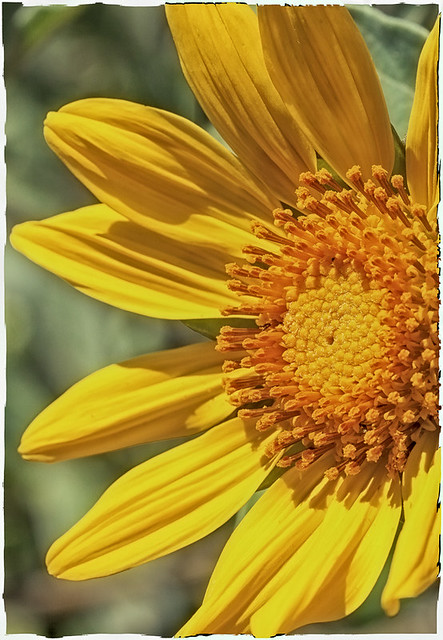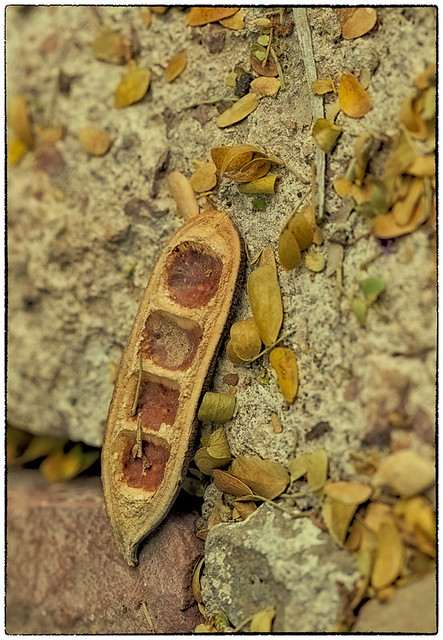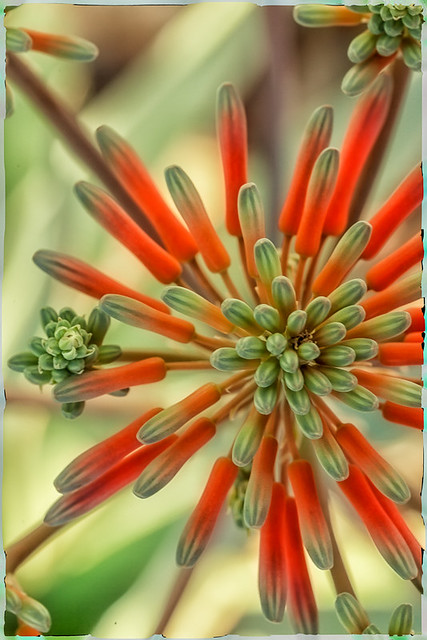Gratitude unlocks the fullness of life. It turns what we have into enough, and more. It turns denial into acceptance, chaos to order, confusion to clarity. It can turn a meal into a feast, a house into a home, a stranger into a friend. ~ Melody Beattie
Sunflowers abound in the desert garden, grateful for the warmth.
When I see a sunflower with its face turned towards the sun, I am reminded how simple it is to turn my face to the sun. To give thanks for its presence, its warmth. To give thanks for all that is good – the blade of grass growing through pavement cracks, the rainbow peeking from stormy clouds, a bright flower adding color to the moment.
Gratitude makes sense of our past, brings peace for today, and creates a vision for tomorrow.
~ Melodie Beattie
Everyone knows that it is the polite thing to say thank you.
But university studies throughout the world, including a recent study from University of California at Berkeley, find that gratitude has positive physical and emotional effects. A gratitude practice — not just an occasional or perfunctory thank you — offers proven benefits: stronger immune systems, lower blood pressure, a measurable increase in joy, optimism,happiness, generosity and compassion, and fewer feelings of loneliness and isolation. Gratitude is not only good for the world, it is good for the individual.
“Cultivate the habit of being grateful for every good thing that comes to you, and to give thanks continuously. And because all things have contributed to your advancement, you should include all things in your gratitude.”
~ Ralph Waldo Emerson
It is easier to be grateful for the joys of our life, but even the rough spots deserve our gratitude.
We are the sum of our experiences – the difficult days, the soured relationship, the trip of a lifetime, a chance meeting of a stranger who becomes a treasured friend. Each experience has its own lesson.
GRATITUDE offers questions/reflections for journal writing, art activities, calls for action:
- The lessons we learn from each life encounter are valuable. Write about the gifts received, not only from the brightest of times, but also from shadow experiences. Notice your response as you write. Seek the hidden gifts in each experience and accept all gifts with gratitude. How easy or difficult is this process for you?
- There are so many advantages to beginning a gratitude practice and it requires so little time, this may be one of those practices that you won’t want to skip. One of the main findings of gratitude studies is the effectiveness of practicing gratitude on a schedule. It is the habit — whether it be daily, three times a week, or weekly — that produces the benefit. There are many ways to begin or add a gratitude habit to your life:
- Write your gratitudes in a gratitude journal. Write 5 a night. 10 every morning with your coffee or tea. Or set aside ten minutes and write until the timer rings. A gratitude journal also makes for a wonderful read when you need a pick-me-up.
- Find a partner and play the gratitude game at a scheduled time. Tell each other 5 things for which you are grateful. Or take turns mentioning a gratitude while on your daily walk — around the block, through your garden, to the mailbox and back.
- Gather a collection of postcards. Pick up a few at your local drugstore, college bookstore, or tourist trap. Buy postcard stamps, too. Send thank you postcards. Everyone loves to receive a written thank you note. Keep it simple, but be specific. “Thank you for listening to my worries at midnight.” “Thanks for the zucchini from your garden.” Thanks for taking care of my cranky cat.”











